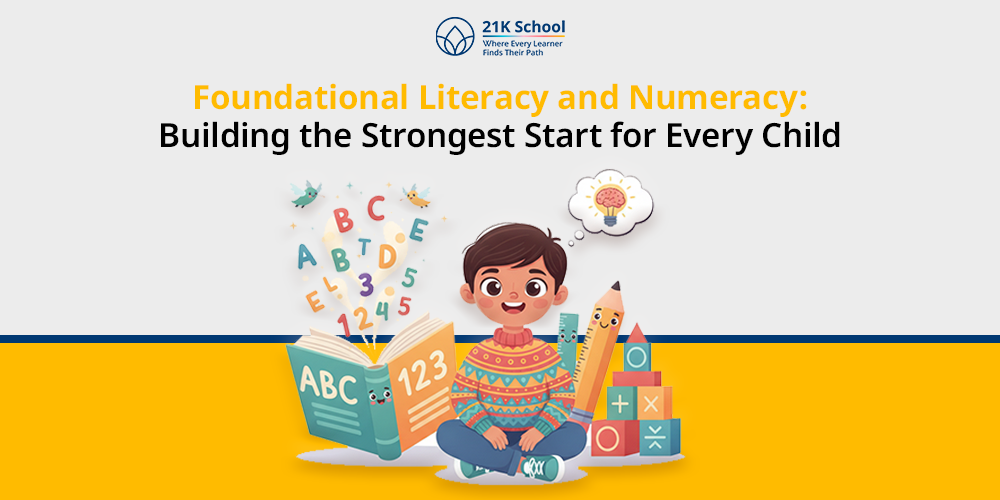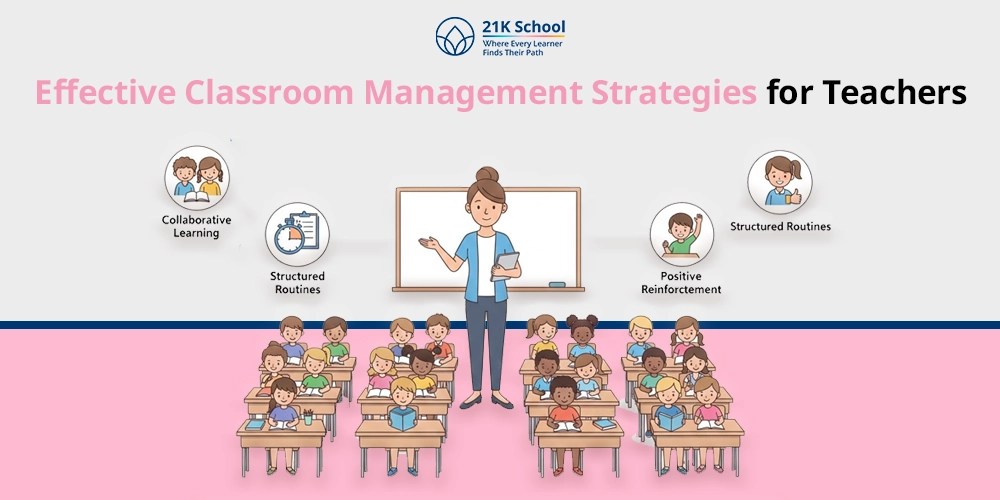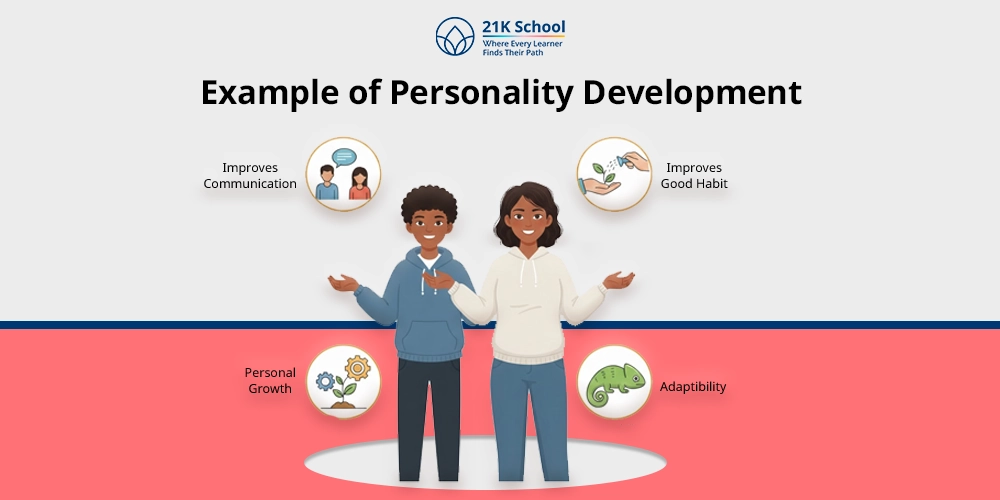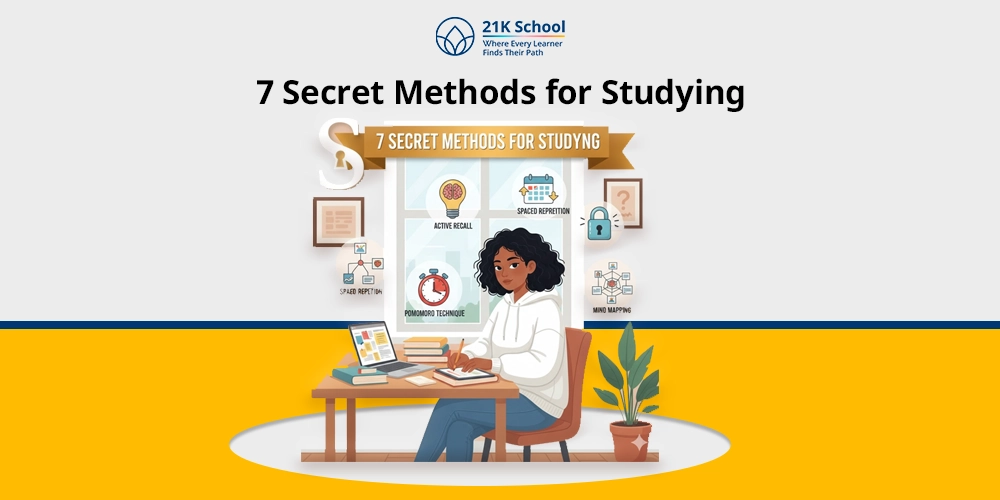
For young learners, an educational journey should be a good start. And the foundation begins with building literacy and numeracy skills.
Foundational literacy and numeracy or FLN is one of the most important parts that helps individuals to read, write, and understand basic concepts.
But, do you know in early childhood development of 21st century skills is crucial. And mastering reading and writing skills build confidence among students .
Let’s explore how foundational literacy and numeracy build the strongest start for every child, its importance and effective strategies to promote FLN.
Contents
- What is Foundational Literacy and Numeracy?
- Key Components of Foundational Literacy and Numeracy
- Importance of Foundational Literacy and Numeracy in Education
- Foundational Literacy and Numeracy in Education – Government and Policy Initiatives
- 6 Effective Teaching Strategies to Promote Foundational Literacy and Numeracy in Education
- Conclusion
What is Foundational Literacy and Numeracy?
Foundational literacy and numeracy or FLN includes basic skills like reading, writing, and mathematical abilities which helps learners in all future learnings.
In foundational literacy, students are able to understand letters and words, reading with comprehension , and writing sentences by the end of Grade 3.
In foundational numeracy, they use numbers in different ways, solving basic math problems, and applying numerical concepts to solve problems.
Together foundational literacy and numeracy or FLN help students to move towards high levels of education .
Key Components of Foundational Literacy and Numeracy
Given below are 5 key components of foundational literacy and numeracy one must know:
1. Number Sense and Counting
Number sense and counting means students are able to understand the use of numbers, sequence and count objects.
It helps them to perform simple mathematical operations in future learning such as addition and subtraction.
Read on to learn more about counting math activities for preschoolers .
2. Basic Operations
Once students understand the basic concepts of numbers they can proceed to further steps like addition, subtraction division or multiplication.
By this way, kids become capable of dealing with complex mathematical problems in higher grades.
3. Measurement and Comparison
Measurement can be learned by comparing different things based on its length, weights, and capacities of using different units.
For example, calculating daily expenses is helpful to use mathematical skills in life.
4. Shapes, Patterns, and Spatial Understanding
In foundational literacy and numeracy, shapes, patterns, and spatial understanding play a key role where kids understand similarities, differences, and relationships between objects.
Learn top 12 shape activities for preschoolers .
5. Problem-Solving with Numbers
In foundational literacy and numeracy, problem-solving concepts are core. It encourages people to improve critical thinking and logical reasoning skills.
For example, kids learn how to share fruit to get equal quantity to each friend.
Importance of Foundational Literacy and Numeracy in Education
Given below is an in-depth understanding how foundational literacy and numeracy in early education is beneficial for students to strengthen home and classroom learning :
1. Better Learning Outcomes in Higher Grades.
Implementation of FLN helps students in better learning outcomes in higher grades.
Kids who can read, write and perform basic numerical operations gain better opportunities. This ensures FLN is ideal for students’ lifelong learning .
2. Improved Confidence and Communication Skills
Mastering basic skills of FLN improves confidence and communication skills in students.
By sharing ideas, participating in group discussions or debate etc increase curiosity and engagement with teachers and peers.
3. Reduced Dropout Rates
FLN is an effective approach for students who struggle to read and write. It also builds engagement and reduces dropout rates.
By this way students can plan for continuous learning and become capable of handling complex problems.
4. Enhanced Logical and Cognitive Development
To improve memory, reasoning, and analytical thinking FLN play a major role.
It is ideal to enhance students’ learning. For example, students with FLN can easily read a story, solve a puzzle, or understand everyday patterns.
Foundational Literacy and Numeracy in Education – Government and Policy Initiatives
To promote foundational literacy and numeracy in today’s education government and international organisations have launched various initiatives like:
1. NIPUN Bharat Mission (2021) under NEP 2020
NIPUN Bharat Mission in India is also known as National Initiative for Proficiency in Reading with Understanding and Numeracy launched in 2021.
It is a part of National Education Policy (NEP) 2020. The objective of this initiative is every child achieves foundational literacy and numeracy by the end of Grade 3, by 2026 to 27.
2. Early Grade Reading Assessments (EGRA)
Early Grade Reading Assessments (EGRA) is a popular initiative of FLN.
An international tool that measures young children’s reading and comprehension skills.
In this initiative, teachers find out the learning gaps and guide kids in difficult situations. Various countries like India have adopted EGRA frameworks.
3. International Focus by UNESCO and UNICEF on FLN
Popular international organisations such as UNESCO and UNICEF focus on foundational learning of the world.
The organisations believe that gaining strong foundational skills is a key to academic success.
These organisations support by providing funding, teacher training, and early childhood education programs to improve FLN results.
6 Effective Teaching Strategies to Promote Foundational Literacy and Numeracy in Education
Further we will understand the 6 effective teaching strategies to promote foundational literacy and numeracy in education:
1. Play-Based and Experiential Learning
Including various play-based activities and experiential learning in students’ lives increases curiosity in early stages of education.
Some of the most admired games like counting blocks, sorting objects by color, or role-playing are useful.
2. Storytelling, Songs, and Rhymes for Literacy
Through storytelling, songs, and rhymes for literacy teachers can help kids to learn vocabulary, pronunciation, and comprehension.
Explore storytelling for learning .
This improves awareness, memory power, and long-term retention.
3. Math Through Games and Real-Life Examples
With the help of unique learning strategies like games and real-life examples to solve maths problems learners can implement FLN.
By including different activities and games like hopscotch for counting, or identifying shapes guide to practice and enjoy learning.
4. Use of Digital Tools, Apps, and Audiovisual Materials
There are various digital tools, apps, and audiovisual materials that help in the effective implementation of foundational literacy and numeracy in education.
Through various digital initiatives one can access digital resources to improve learning.
5. Peer Learning and Group Activities
Peer learning and group activities like participating in discussion or debates are ideal strategies to enhance foundational literacy and numeracy.
It promotes teamwork, communication, and peer support which directly impact positively in academic and personal growth.
6. Assessment for learning (AfL) approaches
Assessment for learning (AfL) approaches motivate learners to perform better and guide teachers to identify students needs and adjust teaching methods .
Formative assessments like quizzes, observations, interactive questioning etc are ideal ways of learning.
Conclusion
Foundational literacy and numeracy is a key to future learning which helps students to understand how to learn to read and write.
To promote FLN government and international initiatives like NIPUN Bharat and Early Grade Reading Assessments aims that every child develops a strong educational foundation.
Understand the importance and effective strategies to implement FLN in students’ lives. It’s not just the skill of reading and writing, but the preparation of future learning.



